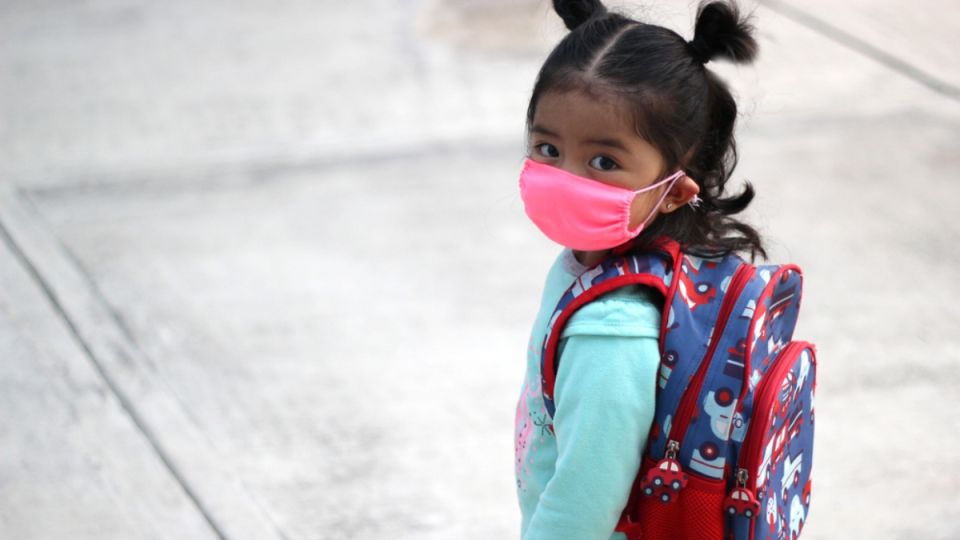Outbreak prevention and control in these settings should focus on handwashing, cleaning, and disinfection with effective products
A study published by Pediatrics found that outbreaks of acute gastroenteritis (AGE) occur frequently in schools and day care centers in the United States.
Noroviruses cause inflammation of the stomach or intestines and is what we know as acute gastroenteritis.
Claire P. Mattison, MPH, of the US Centers for Disease Control and Prevention (CDC) in Atlanta and colleagues looked at AGE outbreaks that occurred in schools from kindergarten through 12th grade and in child care centers reported between 2009 and 2019, and compared this information with data from 2020.
People typically develop symptoms 12 to 48 hours after being exposed to norovirus, according to the CDC, and most people who develop illness with norovirus infection get better in 1 to 3 days.
The researchers identified 2,623 outbreaks in schools, 1,972 in day care centers, and 38 in schools and day care centers between 2009 and 2019.
Outbreaks were longer in schools than day care centers (median, 29 vs. 10 cases), while outbreaks were longer in day care centers than in schools (median, 15 vs. 9 days).
If you or someone in your family gets sick from norovirus, you could feel very sick and vomit or have diarrhea many times a day. This can lead to dehydration, especially in young children, older adults, and people with other illnesses.
Symptoms of dehydration include:
- Urinate less
- Have a dry mouth and throat
- Feeling dizzy when standing
- Also, when they cry they may have fewer tears and be unusually sleepy or upset.
The most reported etiologies were norovirus and Shigella spp., with norovirus being the main etiology in schools and norovirus and Shigella spp, dominant in day care centers.
Handwashing and disinfection remain the keys to avoiding illness
Overall, 85.7% of the outbreaks spread through person-to-person contact. 123 outbreaks were reported in 2020. 85% were reported in the first quarter.
“Schools and child care centers provide a prime setting for the spread of AGE pathogens, particularly norovirus and Shigella spp., through person-to-person contact,” the authors write.
“Outbreak prevention and control in these settings should focus on handwashing, cleaning and disinfection with effective products, and the exclusion of sick children and staff.”

